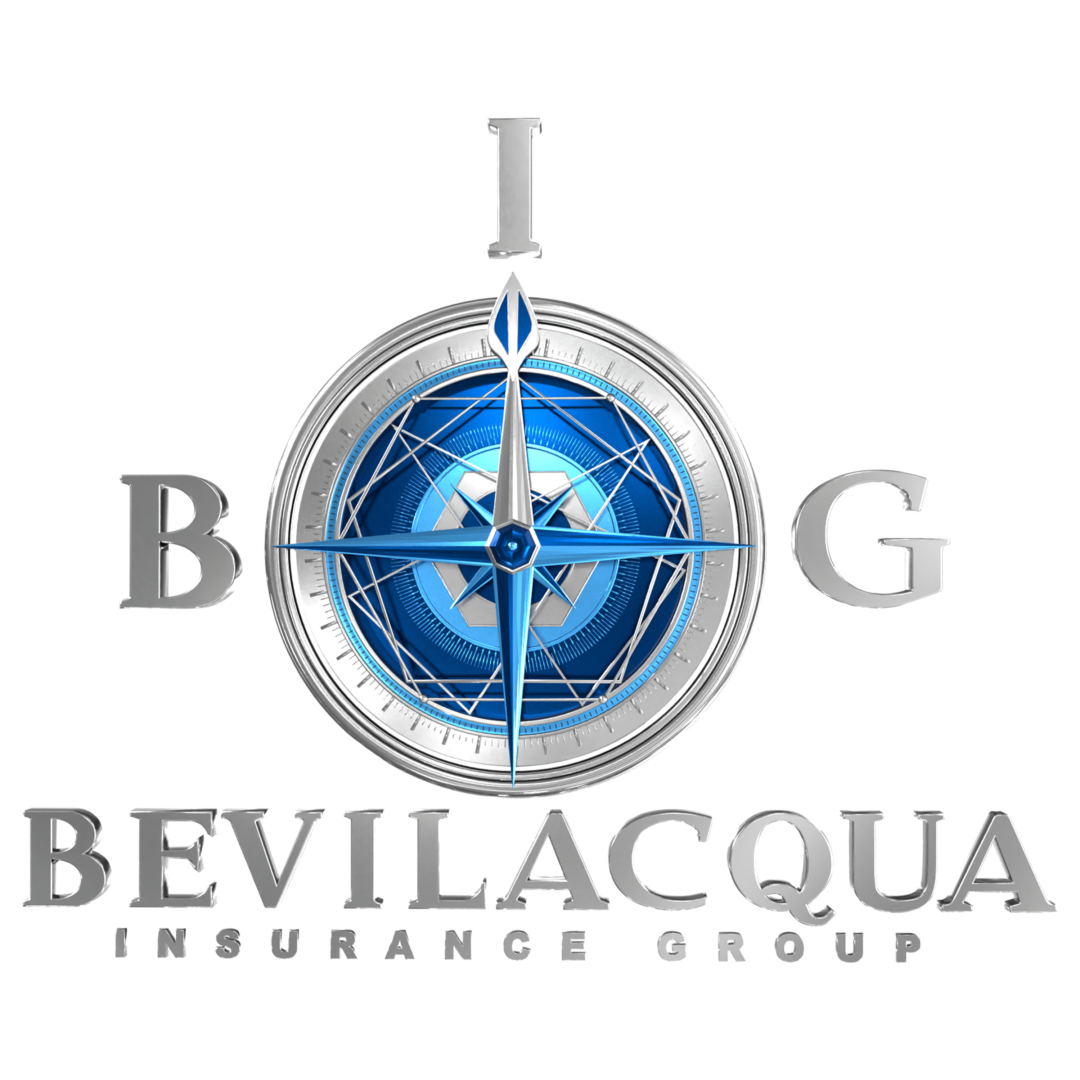How to Manage Inflation as a Small Business Owner

What is Inflation?
Inflation is a rise in the general level of prices for goods and services in an economy. It’s measured as the percentage change in a country’s consumer price index, which measures the cost of a basket of goods and services purchased by households. Inflation can be caused by many factors.
How Does Inflation Impact Small Businesses?
Inflation is a difficult fact of life, and small businesses have to deal with it just like everyone else does. Inflation means that the cost of goods and services increases over time as demand increases or supply decreases. As inflation rises, you’ll see your purchasing power decrease as well as increased competition from other companies selling similar products/services at lower prices than yours.
How Can Small Businesses Prepare for Inflation?
It is extremely important for businesses to understand the ways in which inflation can affect their business. If you’re concerned about how inflation will affect your company’s bottom line, here are some steps that you can take now:
- Review and update pricing models. Inflation affects all prices–including those for goods and services. If your company uses fixed prices or has a set fee structure for certain products or services, consider adjusting those rates as necessary to compensate for rising costs associated with materials and labor. Inflation affects borrowing costs as well; if your business has outstanding loans with variable interest rates, consider refinancing them with fixed-rate loans. Inflation may cause customers’ purchasing power to decrease over time; this could mean that they’re unable to afford services/products at current prices even though they would have been able to afford them previously.
Benefits of Inflation for Small Businesses
Inflation is a good thing for small businesses because it increases the demand for goods and services, which means more customers. It also means that employees will be able to afford higher wages and have access to credit. Inflation can also help you save money on taxes by increasing your deductions from income tax. For example, if you buy new equipment to expand your business, then this will increase your expenses which means that they can be deducted from your gross income before calculating taxes.
Strategies for Managing Inflation
- Focus on cash flow management. Inflation can take a toll on your business’s cash flow, so it’s important to manage your expenses carefully and make sure you’re getting the most out of every dollar.
- Increase efficiency. Look for ways to cut costs while still providing high-quality products or services at competitive prices by streamlining operations and reducing waste in all aspects of your business operations–from purchasing supplies to hiring staff members who will be productive for years to come (rather than just until they find another job).
- Reevaluate pricing models: If inflation continues rising at its current rate, it may be time for small businesses like yours–which have traditionally charged customers less than larger companies do–to start charging more as well.
Strategies for Minimizing the Impact of Inflation
Inflation has a way of sneaking up on you. It’s not always easy to keep up with the rising costs of goods and services, but there are some strategies that small businesses can employ to minimize the impact of inflation.
- Increase automation: Automating tasks through software programs or apps can help reduce errors and increase efficiency, which means you’ll spend less time doing what needs to be done while also saving money on labor costs.
- Reduce costs: Look for ways in which your business can cut back on expenses by streamlining processes or finding new ways of doing things that don’t cost as much money upfront but save over time.
- Take advantage of new technologies: If there are any technologies out there that could benefit your business but haven’t been adopted yet because they’re too expensive or difficult for employees without technical skill sets, now might be a good time for them!
Strategies for Maximizing the Benefits of Inflation
If you are a small business owner, there are some strategies for maximizing the benefits of inflation.
- Increase prices: When the cost of goods goes up, so should yours. If people want your product or service more than ever before and they’re willing to pay more for it, then go ahead and raise your prices! Inflation is a great way to make sure that your business stays profitable during times when other businesses may struggle or even fail because of their inability to keep up with rising costs.
- Invest in new technologies: The more advanced technology becomes available for purchase by consumers, the higher its price will be due solely because of its advanced nature
Strategies to Manage Increased Competition
- Increase marketing efforts
- Improve product quality
- Invest in new technologies
Although inflation seems like a lot to manage as a business owner, there are ways to lighten the impact and even benefit from it. With effort and knowledge of the economy, your business will continue to thrive.
If your business is affected by the current inflation situation, and you are looking to lower your insurance, premium expenses, call our office today at 1-877-PLIG-123 or click here and we will contact you

